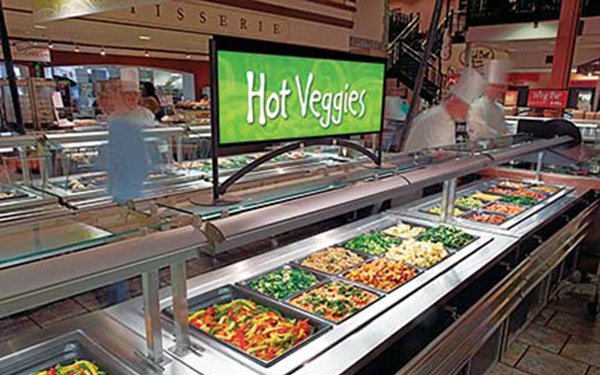research
Telecom At Bottom, Supermarkets At Top Of CX Study
- by P.J. Bednarski @pjbtweet, April 9, 2018

You could say this: Among the big cell phone service providers, Sprint scores highest on a consumers’ “quality of experience” survey.
But you may not see that fact touted much because Sprint really is in Temkin Experience Ratings’ bottom 50 of 318 companies across 20 industries. It finished 271st. But Verizon, AT&T and Virgin Mobile finished 279th.
DirecTV, owned by AT&T, ranked 295th. But AT&T fared just a bit better than Optimum, Comcast, Cox Communications or Spectrum, which all provide cable and Internet service.
The Temkin Experience measure is made up of three parts: The level of “success” consumers felt they achieved when they interacted with the company; the “effort” it took, and; the “emotion” they felt toward these companies when they interacted with them. The survey encompassed the views of 10,000 consumers, calculated on that three-pronged yardstick.
advertisement
advertisement
And by that, Wegman’s supermarket chain was tops and CarMax was dead last.
In fact, supermarkets have five of the top 11 spots. After Wegman’s come H-E-B, Publix, Aldi and Wawa food markets. And many other big supermarket chains are in among the top 50.
Three banks — Citizens, credit unions lumped as one entity, generically, and USAA — were in top ten. So were two retailers, Ace Hardware and Dollar Tree, and so was Subway, the lone fast food outlet.
On the other side of the ledger and ahead of Car Max’s lowest score was Spirit Airlines, the big cable TV/Internet service providers, Medicaid and Blue Shield of California, Hibachi, Dollar stores, and HSBC.
Along with supermarket and fast food chains, as a group, retailers, banks, parcel delivery services, streaming media companies and hotels finished in the “good” range.
The report is authored by Bruce Temkin, customer experience transformist and managing partner, who says this year’s results, “show that most companies have a long way to go before they reach the highest levels of customer experience maturity.” This year, the report notes, the overall scores are all down somewhat, mainly because of lower than usual scores on the “emotional’ tab. Only 7% of all the companies rated a “good” in that category.
In a “frequently asked questions” part of its Website, Temkin acknowledges that many of the top finishers are companies that have frequent one-to-one and live, in-person dealings with customers. Isn’t it unfair to compare other companies to that?
Well, no. “Consumers develop their expectations for customer experience based on their interactions with a large variety of companies across many industries,” the website explains. “The Temkin Experience Ratings provides an opportunity to compare companies’ customer experience with their industry peers as well as with companies from other industries.”
And why do communications/cable companies and health care companies fare so badly, as they have annually since 2011?
“There are some industries that have habitually poor customer experience,” is the answer there. “In many of the cases, these problem stems from some form of monopolistic power. TV service providers and Internet service providers have carved out regions and have limited competition, while health plans have created monopolies for employees through their contracts with employers. The good news: In most of these cases, these monopoly powers are being challenged by structural changes and new competitors.”




